You're just sitting down to a nice meal with extended family when your toddler starts to lose it. They spotted the dessert table and no longer want to try any of the regular food on their plate. What do you do? This is already the third temper tantrum of the day, and you're feeling tired.
Tantrums in young children are a fact of life. Staying calm as a parent is not always easy. In my experience as a mom of three, having a standard approach to tantrums can take some of the frustration out of these heated moments. As a Montessori teacher, I learned a helpful approach to handling tantrums and meltdowns which has served me well.
Why Do Children Have Temper Tantrums During Holiday Events?
The holidays are a happy time with lots of visits with family, beautiful decorations, and tasty foods. Why would this trigger meltdowns? Both regular life and holiday events are full of tantrum triggers that might upset your little one. Here are some to keep in mind:
Change in Routine: Toddlers are creatures of routine. During the holidays, we tend to toss routines out the window. Between time on the road and changed meal times, things feel different for your little one. This can be upsetting.
Tired or Hungry: Have you ever been hangry? Or a bit grouchy because you're tired? This happens to little ones too. Feeling hungry or tired is harder for your little one to manage and may result in a meltdown.
Sensory Overload: The holidays come with a host of sensory experiences. The music, twinkling lights, excitement of presents, decorations, and activities make the season magical. Yet, so much excitement can feel overwhelming, especially for little ones.
The feeling of overwhelm is similar to having spent the day driving around in a new city or networking with new people at work. After managing so much newness, you're tired and so is your child feels the same after holiday events.
Big Feelings: Disappointment, excitement, sadness, even happiness can trigger tantrums. Your young child is still learning to express their feelings. One way to express themselves is with a meltdown.
Lack of Control: During the holidays, we parents often tell our children what we're doing. It may include a long list of events. If this means they have less free time, they may feel a loss of control and independence.

Preventing Toddler Tantrums the Montessori Way
Dr. Maria Montessori understood that children have many needs. In her classrooms, she tried to meet children's needs so they could excel academically and emotionally.
She knew that children do better when they have some independence and a routine. For instance, children in Montessori classrooms are free to make and eat a snack whenever they're hungry. What does this mean for preventing tantrums?
If your child is prone to tantrums, trying to track their triggers can be helpful. While you can't avoid all of them, you can evade some. More importantly, you can prepare yourself and your child when you think triggers may be present.
Here are some tips:
Snacks: Always have some healthy snacks your child can enjoy. That way, if lunch is delayed or there's traffic, your little one won't go hungry. Try fruit, whole-grain crackers, or vegetable sticks. As a bonus, your child can help prepare the snacks so they feel a sense of independence and control.
Mental Health Check-In: Try checking in with your child about how they're feeling. Try holding space for your little one if they need a 15 minute break. For example, if your little one is playing with cousins and starts fighting or losing their patience, invite them out for a short walk. Sometimes, connecting with you for a break can help them reset.
Involve Your Child: Children want to be a part of events. Whether you're cooking, cleaning, or decorating, give your little one the chance to help. A busy child concentrating on a task is less likely to throw a tantrum.
Talk Through Plans: Even young children who are 2 or 3 years old like to know what the plans are. In an age-appropriate way, tell your child about what your plans are for the day. You can even start the night before, explaining where you're going and what's going to happen.
Be sure to head off any expectations. For example, if you're going shopping, you might say "We're buying the things on our list and not anything else. Our list is full of good foods we'll eat when family comes to visit." If your child knows that you don't plan to buy them toys or candy, it can help them if you make that clear upfront.
You can also make a plan for your child if they start to feel upset or overwhelmed. Invite your child to tell you they're feeling upset or take a few deep breaths.
Your Montessori Guide: How to Handle Tantrums During the Holidays
What about when the tantrum's started and the kicking, hitting, and screaming begin?
A Montessori approach to tantrums features three steps:
1. Sportscast and Observe with Empathy
Notice how your child is feeling when tantrums occur. For example, your child wants to buy a toy at a Christmas market. You can say, "I know you're sad, you really wanted to buy that toy." Or, "You're disappointed because you liked that toy and wanted to buy it."
When you acknowledge your child's feelings, it validates them and helps them identify their emotions.
2. Hold the Boundary
Next, it's important to hold your boundary. For example, if your child continues their tantrum, you can explain again "I know you're upset. We'll need to leave the market until you calm down." Then, you can leave and take a minute to calm down.
3. Reconnect
When your child has a meltdown, they'll need reassurance from you. Reconnecting with a hug, a joke, or reading a book together can help them feel close and safe again.

Tips for 18 month old Tantrums
For 18 month old tantrums, you can use these extra strategies and tips:
Choose Your Battles: Sometimes, especially during the holidays, it's important to pick your battles. Navigating family meals and events requires a lot of impulse control and your little one is still building this skill.
For example, if your little one wants a cookie before eating their meal, you might consider letting them have the cookie with their plate of food. After all, soon you'll get back to your normal, healthy routine.
Take a Break: At 18 months old, you can still pick up your little one and take a break. If your child needs a moment, escape with them to a quiet spot to read a book, play with a toy, or take a nap. Some good spots are a bedroom, the car, or outside.
Tips for 2 and 3 year old Tantrums
When your 2 or 3 year old has a tantrum, try these Montessori discipline tips:
Redirect: In Montessori classrooms, teachers often redirect children. This means they give them the chance to do things right. For example, if your child is fighting over a toy with a cousin, you can remind them how to share.
You might say "You both really want that toy! I wonder how we can solve this problem. What can we do?" This might help your child remember how to share.
Peace Corner: In Montessori classrooms, children can take a break in the Peace Corner. There, they can play with a quiet toy, look at a painting, etc. You can help your child learn to regulate with a calming toy such as a sensory tube or hour-glass. Invite your child to take a breather with a special toy that invokes calmness.
Tip for 4 year old Tantrums
The above tips also may work for a 4-year-old tantrum. Here's one last tip that works well for 4 year olds:
Gluing: If your child is having a hard time, ask them to stay with you. Also known as a "time-in," you keep your child close to you to help them regulate emotions. If you're cooking, you might bring them into the kitchen to help cook and bake. Or, you might try holding your child while visiting with relatives.
Gluing can last a few minutes or longer if your child wants to.
Holiday Tantrums the Montessori Way
Holiday tantrums are a normal part of growing up. With this Montessori approach to tantrums, you can survive the storms and continue to enjoy your holiday celebrations.
How do you manage holiday meltdowns at your house? Let us know in the comments.



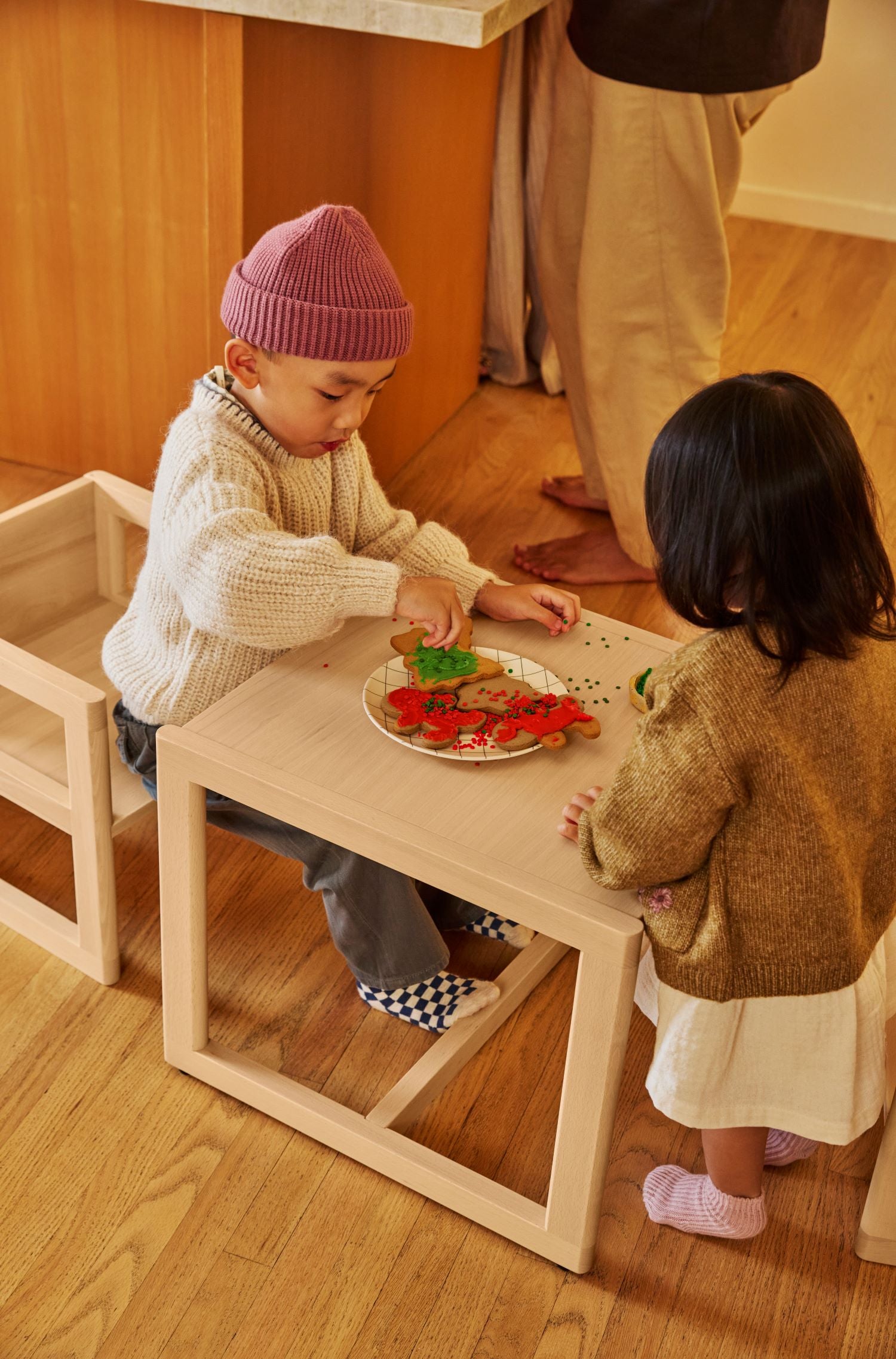
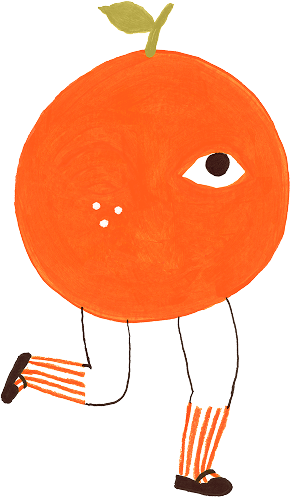
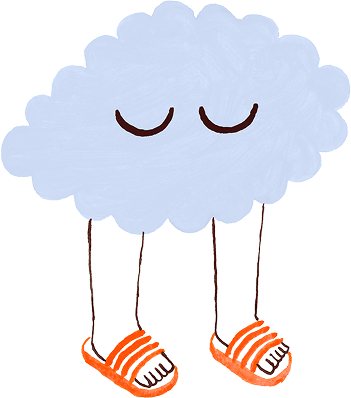
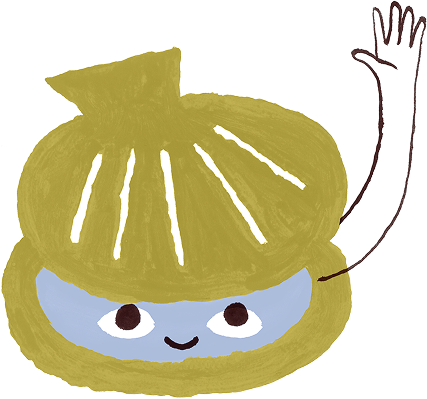
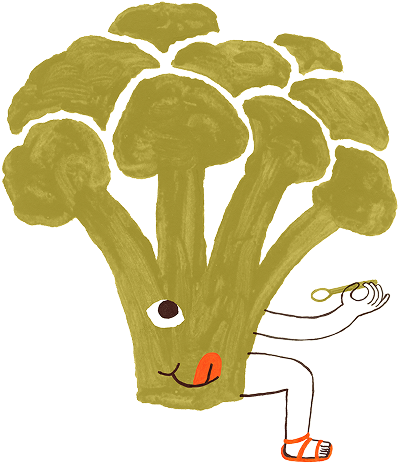
Leave a comment
This site is protected by hCaptcha and the hCaptcha Privacy Policy and Terms of Service apply.